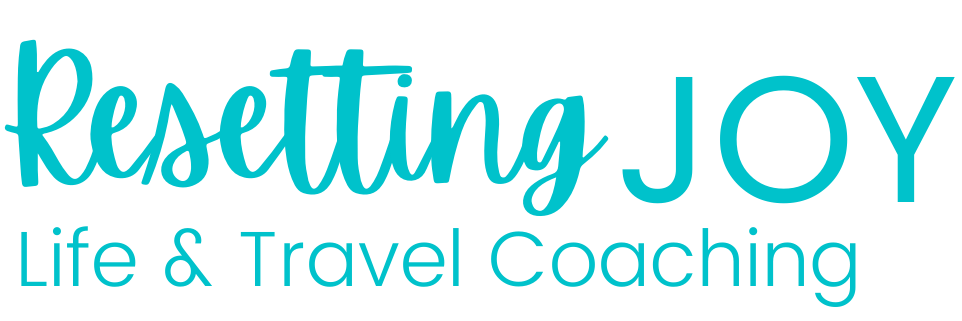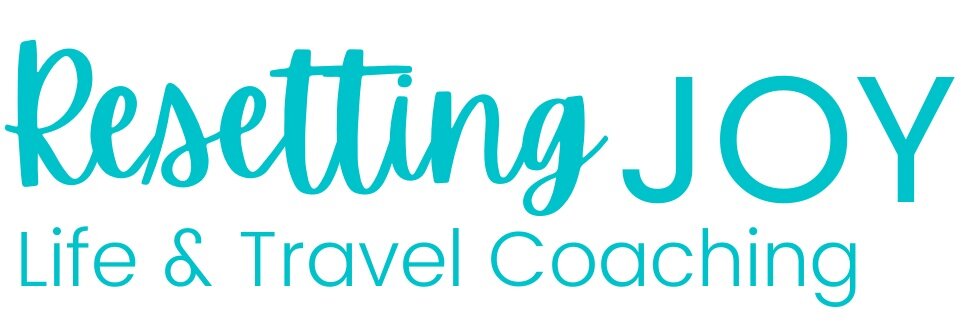Understanding Your Own Belief System
You might find it ridiculous that I’m talking about understanding your belief system. Surely you know what you believe! That’s fair, but stick with me here.
There are lots of things you know for sure. For example, you love your kids, fall is your favorite season, honesty is the best policy, you don’t make promises when you are happy or decisions when you are angry or sad, and you never, ever write a text or email when you're angry.
Cool.
Where did those beliefs come from? (I'm not suggesting that they’re wrong by the way.) You know they’re true, you believe them with every ounce of your being, but why? How did they get into your head? Were they put there by a parent, a teacher, a partner, or a life experience? Maybe you don’t know exactly how they got there. You just KNOW they’re true. You could come up with reasons if you had to but you’ve never needed to so they are accepted facts.
The above are examples of what I like to call “how to live a good life” beliefs but they aren't the only kind you hold. There are some beliefs that make you feel less than. Less than perfect, less than smart enough, less than valued, or less than loved. Those are the ones I want to talk about.
Less Than
Understanding your own beliefs, where they came from, and how they help you or hold you back is an important part of gaining clarity.
Everyone has energy-sapping, internalized messages that they believe are true like these:
I’m not smart enough
I’m not good enough
I’m not valuable
I’m not worthy
AND, you’ve got the receipts, you can prove why you are smart enough, good enough, worthy enough, etc. You likely have experiences with a parent, teacher, boss, or partner that you can point to for helping you form these beliefs. In adopting these message, you were trying to protect yourself from heartache, disappointment, embarrassment, etc.
If these beliefs are in your head, how likely is that you are going to quit your job and strike out on your own, move to a new city, or start a new long-term relationship? How likely are you to take a chance? While part of you may want to make changes and begin a new adventure… another part just KNOWS it won't work because you are not capable or worthy of it.
As to that assertion, that you’re unworthy and/or that there’s something wrong with you, I call bullshit.
You’re Not Alone
I can promise you, you aren’t alone with these beliefs. In fact, they are so universal, they land in song lyrics like these from Pink’s F**kin’ Perfect, “You're so mean when you talk about yourself. You were wrong. Change the voices in your head, make them like you instead.”
Dr. Brené Brown’s work on vulnerability and shame talks about the same things but from a research point of view. Shame is believing that you ARE bad or unlovable as opposed to guilt which is believing that you DID something bad. It’s this shame-linked inner critic that I want you to consider.
Here's my question, do you want to keep living that way? Do you want to keep doubting yourself EVERY. SINGLE. DAY? Is this helpful? Are you stress-free? Do you sleep well? Are your interactions with others what you want them to be? Are you living the life you want to live?
No?
If you’re not, THIS is why I want you to understand your current belief system. If you understand where things come from, you can start to change them. My whole goal is to help you live a happier, healthier, more joyful life. I'm willing to poke at the hard subjects in order to get you there because you are 100% worth it. As Dr. Brené Brown says, “shame cannot survive being spoken, it cannot survive empathy” so let’s bring it out into the light where it can’t survive.
We convince ourselves that if anyone actually knew what it is we’re hiding, we’d be banished for good. Shame is sneaky like that. When things actually come to light though, we often find that we have more love and support than we dared to dream.
I’m not suggesting that you air your inner thoughts all over social media right now, be mindful about what you share, when, and with whom. Take some time this week to look at your own belief system, then you can choose how you want to proceed. I've created a guide to help you identify some of these messages.
Have you ever wondered how happy you really are and what you could do to change your happiness level? Get the assessment to find out!




